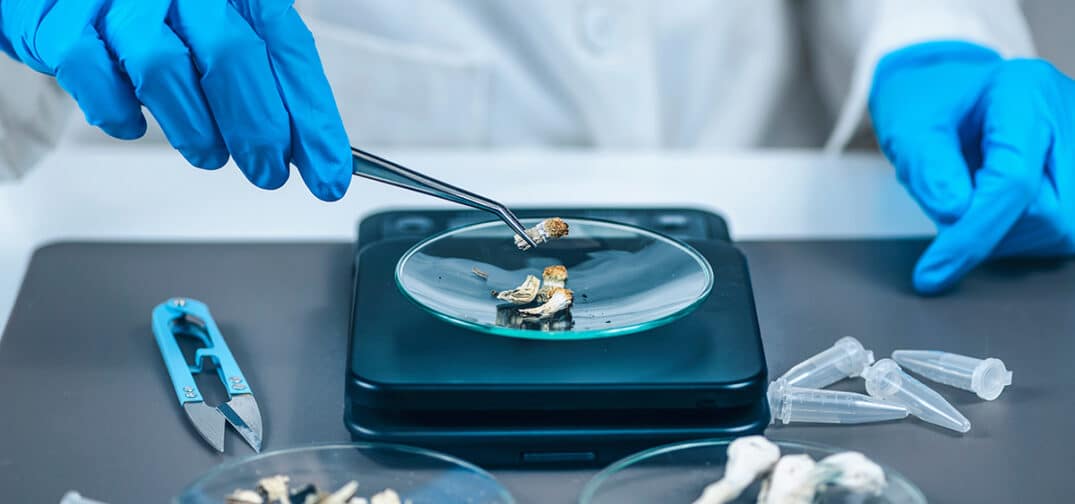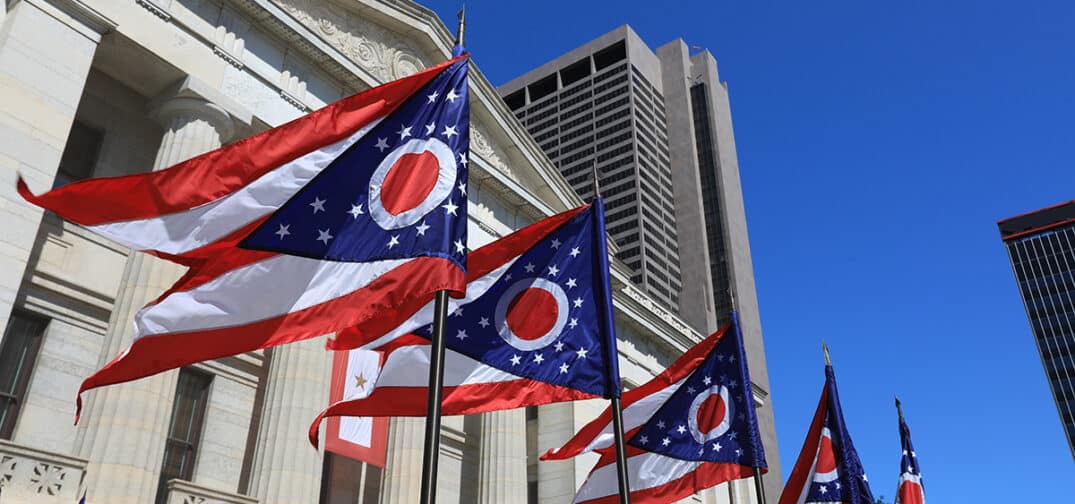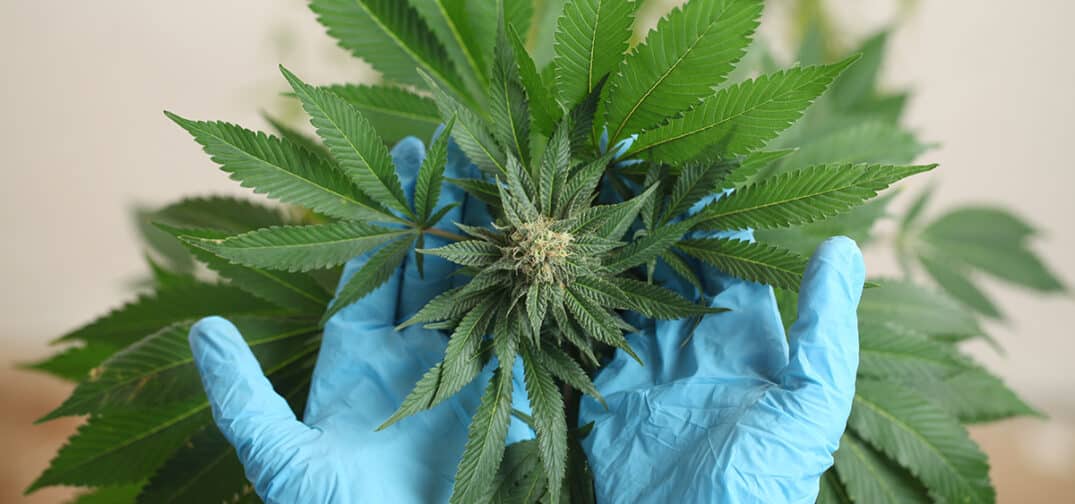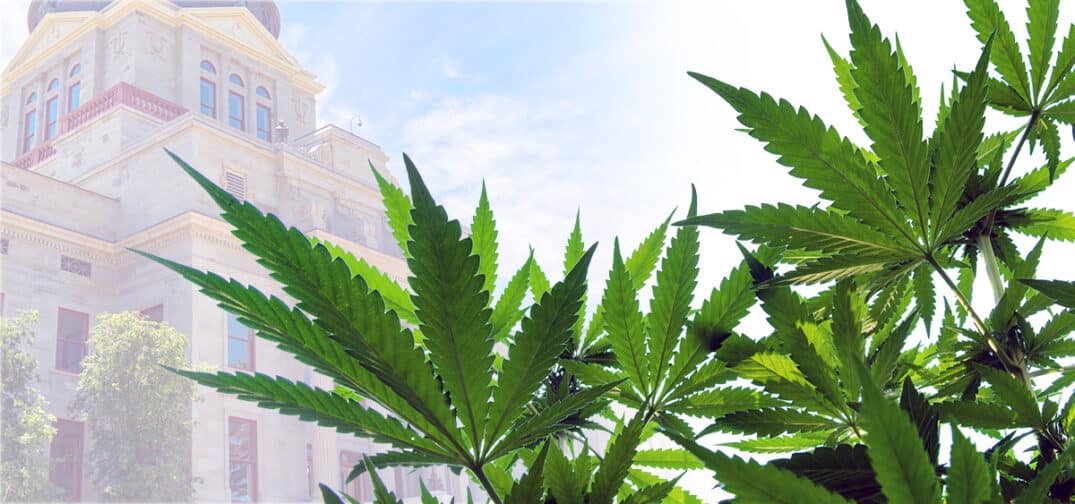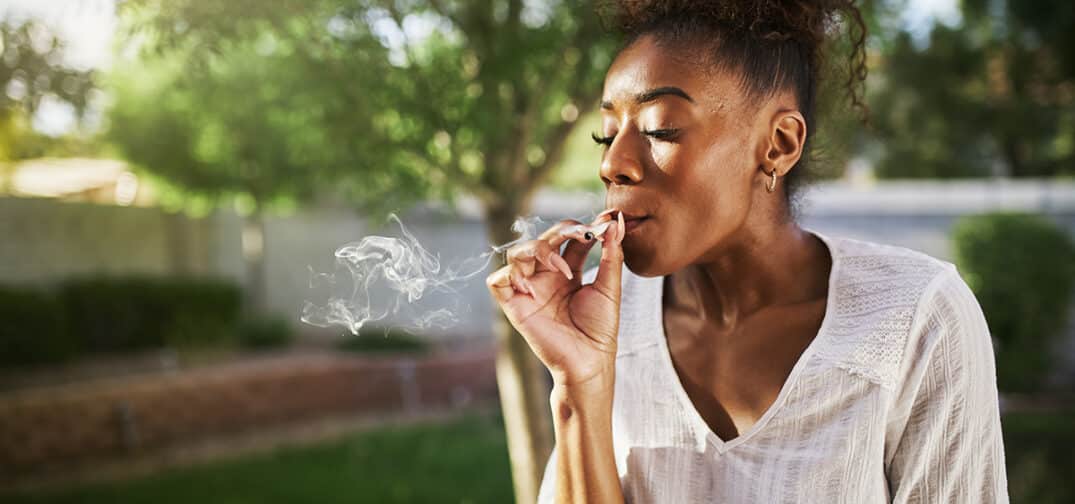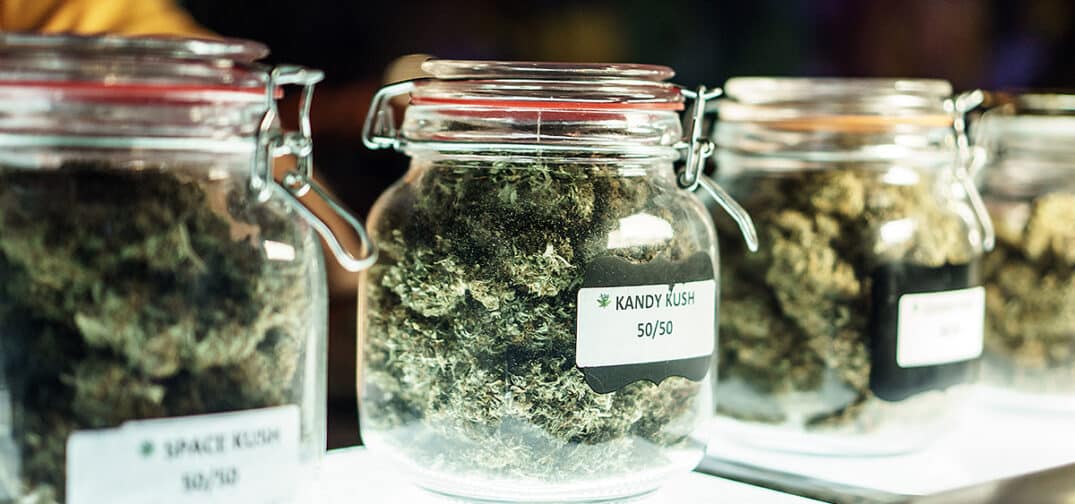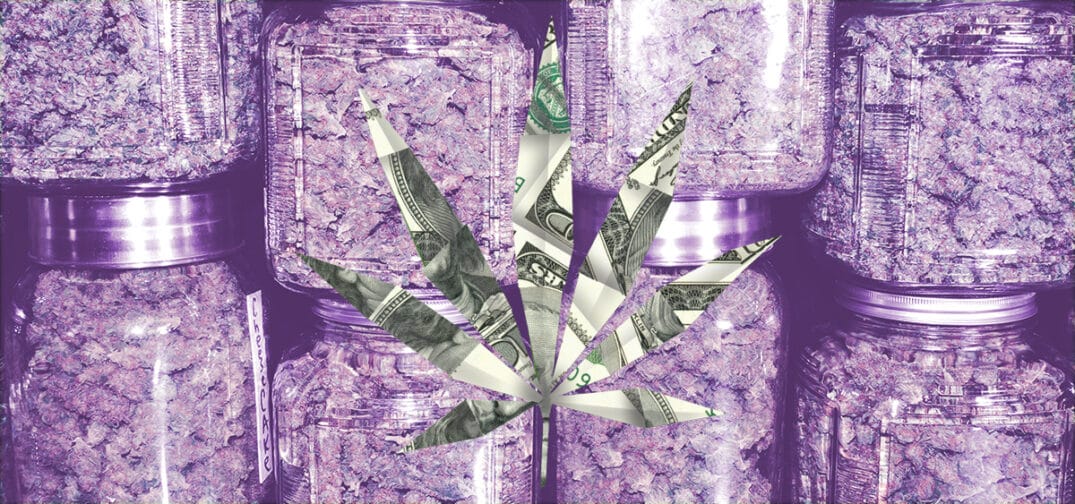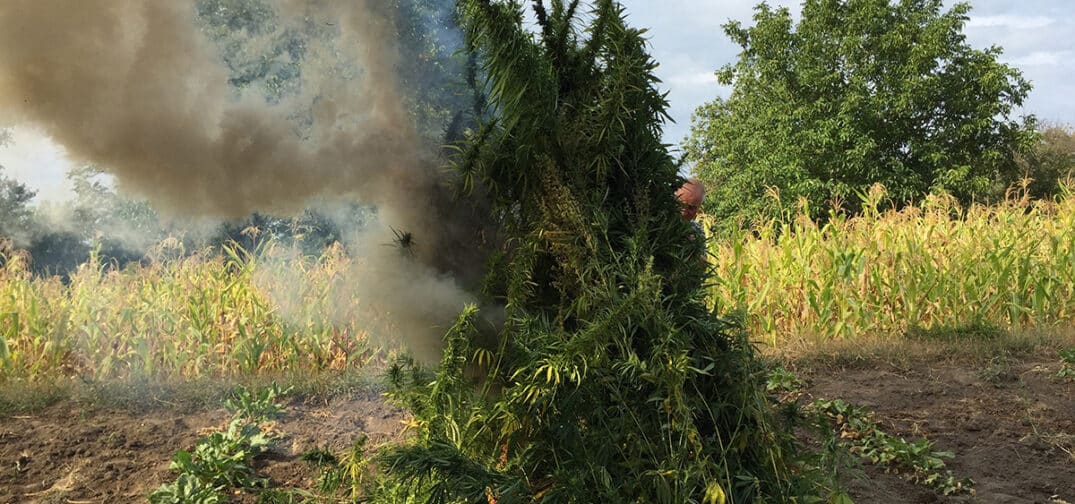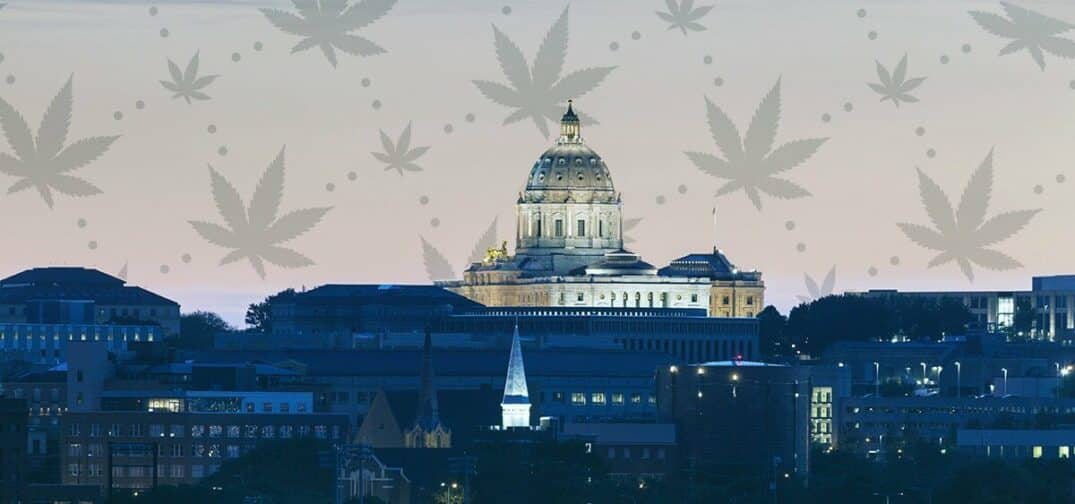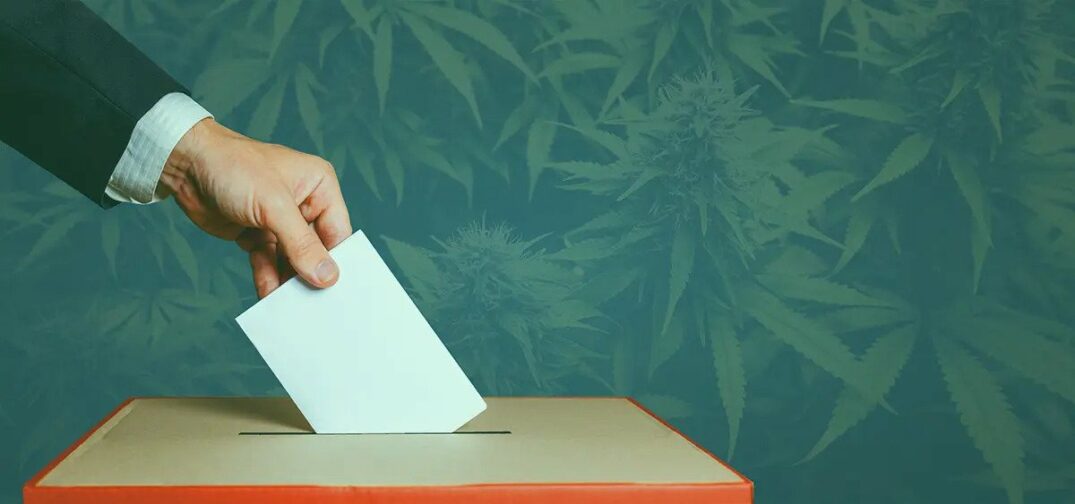Back in 2021, mere weeks before what would prove to be a historic election for cannabis policy in Germany, the International Cannabis Business Conference (ICBC) hosted a panel of sitting federal lawmakers to discuss German cannabis policy. It was the first time in history that all major parties in Germany were represented in a panel discussion specific to national cannabis reform.
As we learned weeks after the historic panel discussion, a new governing coalition was elected in Germany and many of the ideas that were previously discussed at ICBC Berlin then started to enter the wider conversation regarding legalization in Europe’s largest economy. Once again, the German Cannabis Business Association (BvCW e.V.) is hosting the political discussion presentation at the upcoming ICBC Berlin 2023 event, which takes place on June 29th and 30th.
The Speakers
The political discussion at ICBC Berlin, which is titled ‘Cannabis Policy Reform Efforts in Germany’, will touch on a variety of cannabis political issues, including the development of stimulant regulation, adult-use legalization, medical cannabis policy, commercial hemp, and CBD.
Jürgen Neumeyer, managing director of Branchenverband Cannabiswirtschaft (BvCW e.V.), will serve as the moderator of the discussion. Joining Mr. Neumeyer will be Dr. Kirsten Kappert-Gonther, MdB. Dr. Kappert-Gonther is a German psychotherapist and politician (Green Party) who has served as a member of the Bundestag since the 2017 German federal election.
Dr. Kirsten Kappert-Gonther, MdB currently serves as the acting Chairwoman of the Health Committee of the German Bundestag and Spokeswoman for Cannabis Policy of the Bündnis90/Die Grünen Parliamentary Group in the German Bundestag.
Timely Discussion
Jürgen Neumeyer and Dr. Kirsten Kappert-Gonther’s discussion is being held at a crucial juncture for cannabis policy in both Germany and throughout the European continent. Adult-use cannabis legalization is not only on the move in Germany; to a lesser extent, the same can also be said about several other countries in Europe when it comes to legalization efforts.
Malta was the first country to pass a national legalization measure in Europe, although, any butterfly effect resulting from Malta’s legalization has yet to materialize. The real domino that European cannabis observers are anxiously waiting to fall is, of course, Germany. The country is home to the fourth-largest economy on earth and carries tremendous weight in continental politics.
When Germany legalizes, a butterfly effect is all but guaranteed to occur, and it will create a marker in time by which the life of Europe’s emerging cannabis industry will forever be measured by.
Attend ICBC Berlin
The International Cannabis Business Conference is the leading cannabis business-to-business (B2B) event series on the planet, with previous conferences occurring in several countries on multiple continents. The event series is owned and operated by cannabis advocates that believe in celebrating cannabis culture, in addition to providing world-class cannabis industry education and networking opportunities.
In addition to the B2B event, which is the largest of its type in Europe, the International Cannabis Business Conference will also hold a Global Investment Forum in Berlin on June 27th.
Over 5,000 cannabis leaders from over 80 countries will be represented at the International Cannabis Business Conference in Berlin and that includes representatives from every sector of the industry as well as leading international cannabis policymakers and industry service providers. Attend the International Cannabis Business Conference in Berlin to network with investors, entrepreneurs, industry regulators, and international policymakers and take your industry pursuits to the next level.
Secure your tickets now before the event sells out!




